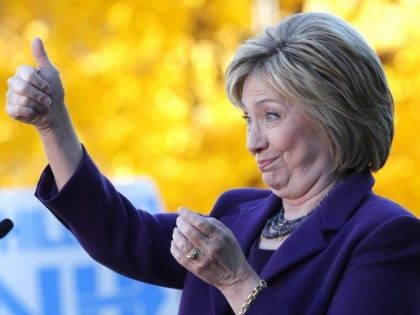Morici: Can Donald Trump Get to 3 Percent Growth?
President Trump’s economic team paints a rosier picture about what his policies could accomplish than the economics profession is willing to endorse.
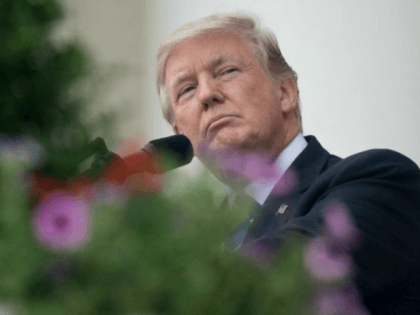
President Trump’s economic team paints a rosier picture about what his policies could accomplish than the economics profession is willing to endorse.

Key elements of his economic program—tax, regulatory and trade reform—are delayed by the considerable distraction of replacing ObamaCare.
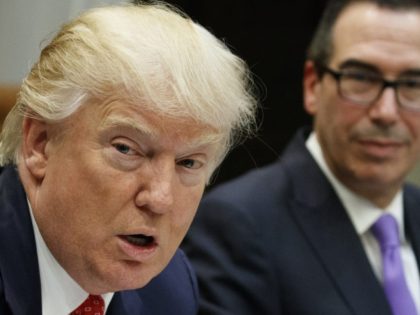
The bull market has a lot more room to run. With the Trump Administration and GOP Congress deconstructing investment-killing business regulations and aiming to cut taxes, the economy is poised to grow faster, and new technologies will support higher valuations over the next several years
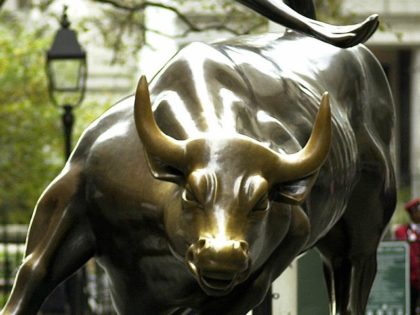
President Trump is forcing congressional Republicans to quickly replace Obamacare with a program that lowers health care costs or face the wrath of angry voters.
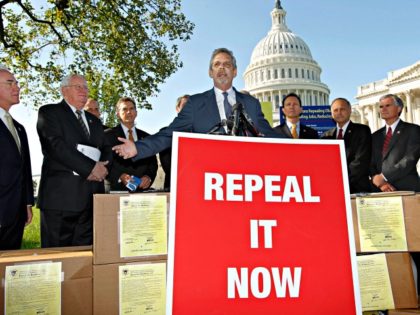
Already President Trump is set to move decisively on the economy, but he must scale huge hurdles to accomplish 3 to 4 percent economic growth. Radical policy changes are required—tough to do even in this era of aggressive executive orders.
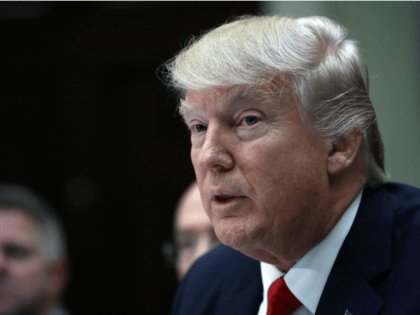
Already President Trump is set to move decisively on the economy, but he must scale huge hurdles to accomplish 3 to 4 percent economic growth. Radical policy changes are required—tough to do even in this era of aggressive executive orders.
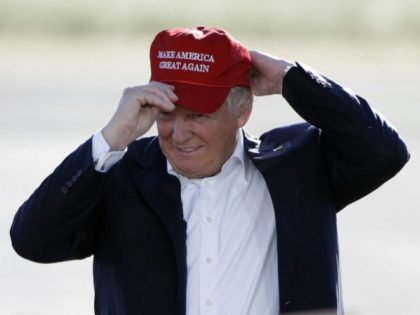
ObamaCare has not delivered on its promises to provide health insurance for virtually all Americans and lower costs, but Republicans will find it tough to repeal and replace.
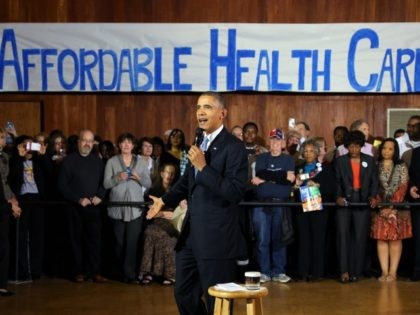
Donald Trump faces immediate challenges—managing the war against ISIS, fixing Obamacare and boosting growth to create jobs. However, as the fallout from his recent conversation with the president of Taiwan indicates, an increasingly assertive China poses the most vexing and far reaching challenges for American prosperity and security.
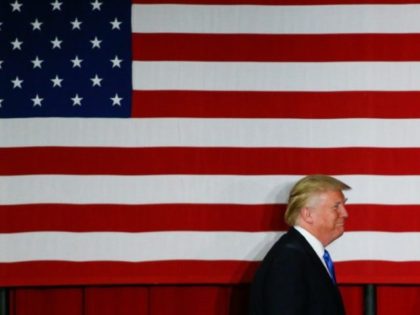
Donald Trump’s plans for the economy will boost deficits, interest rates and growth but also will create opportunities for ordinary investors.
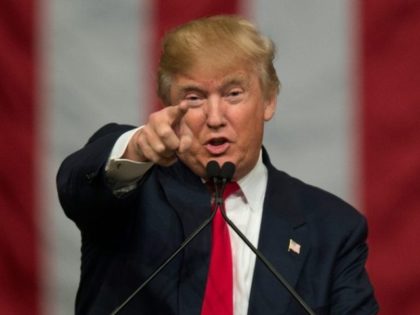
Obamacare is becoming a nightmare. Health insurance premiums will jump an average of 22 percent in 2017, and federal spending to assist moderate income families is spinning out of control.
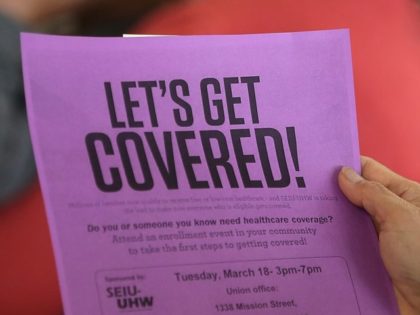
Federal Reserve policymakers, meeting next week, should provide more clarity about raising interest rates in December.
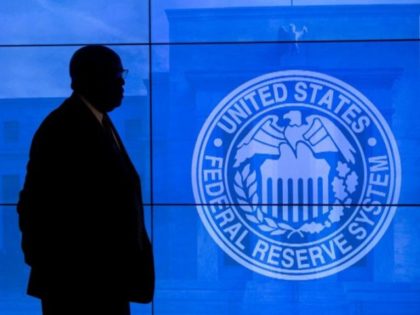
According to Barack Obama and Hillary Clinton, the economy is in great shape and safe from another financial crisis. They believe more liberal policies to better distribute the benefits would deliver Americans into another golden age, but the facts belie
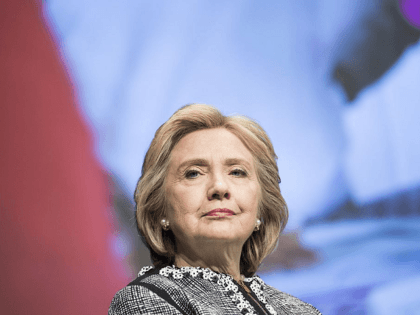
Donald Trump has surged in national polls, but his prospects for winning the presidency remain dim.
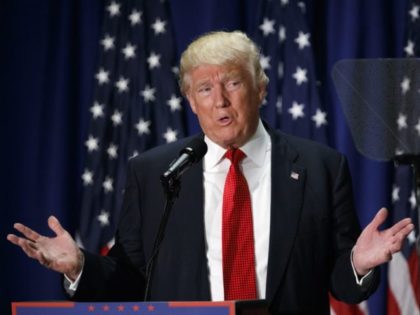
The Fed should start raising interest rates again, but only very gradually and according to a pre-set schedule.
The Republican Party foreign policy establishment has joined Democrats in roundly criticizing Donald Trump’s background and undiplomatic temperament. Nevertheless, Mr. Trump has laid bare flaws in policies of recent presidents that have undermined U.S. security interests and American prosperity.
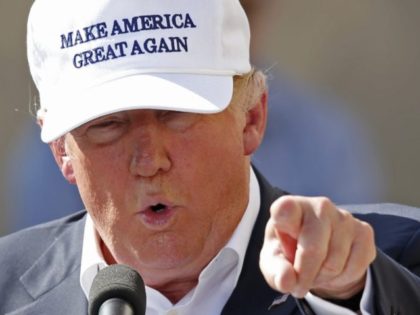
The Trump campaign is right that the 4.9 percent headline unemployment rate, touted by the Obama Administration, is misleading. Joblessness is substantially worse and not likely to get better if Hillary Clinton is elected.
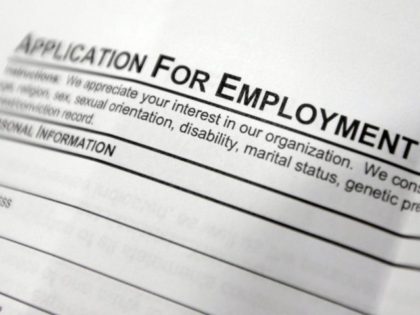
To win the presidency, Donald Trump must overcome skepticism among many voters about his positions on free trade, immigration and many other issues. On trade, that is hardly an insurmountable task.
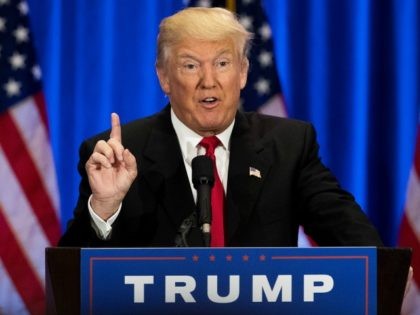
To listen to President Obama, Americans live in a liberal paradise—a robust economy, 75 consecutive months of jobs growth, and a government aggressively promoting social justice.
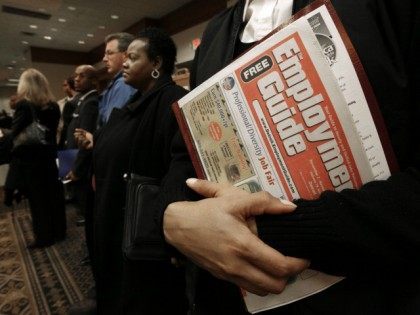
America’s economy is a mess, and its social fabric is fraying.
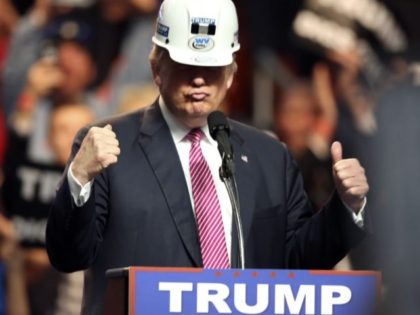
For most Americans, wages simply aren’t rising quickly enough, and that’s blamed for holding back consumer spending and economic growth.
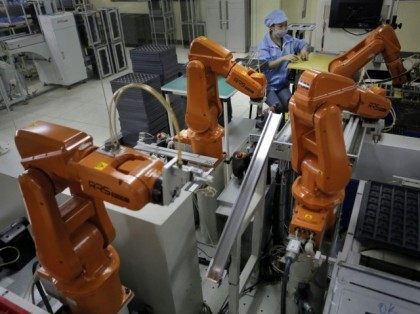
The Federal Reserve has kept a watchful eye on labor markets but as it meets next week to chart interest rate policy, it would do well to recognize that inflation is heating up too.
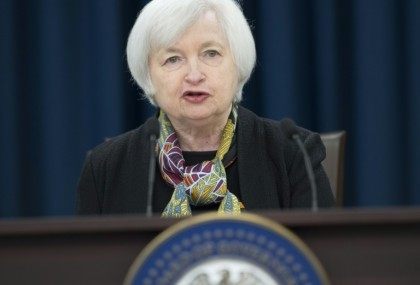
Decadence, not Donald Trump, is defeating the Republican establishment in the primaries.

Men supporting Donald Trump have reason to be mad as hell. The economy has turned against them, and policies advocated by Democrats and tolerated by mainstream Republicans make their circumstances worse.
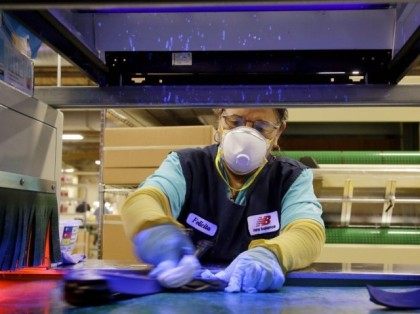
Establishment Republicans may be able to stop Donald Trump from winning the party’s nomination, but their stalking horse, Ted Cruz, is hardly a party favorite and could be denied at the Cleveland convention too.
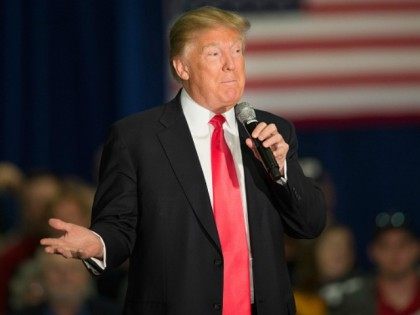
Wisconsin is likely to hand Trump a stunning rebuke in Tuesday’s primary, but rank and file Republicans will be the big losers.
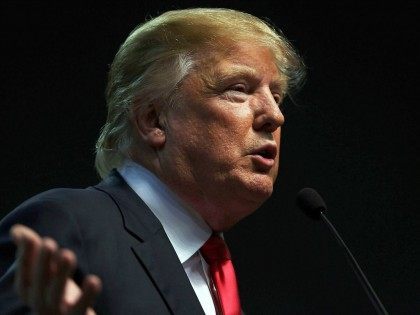
The economy is stuck in low gear—good-paying jobs remain scarce and the middle class is shrinking.
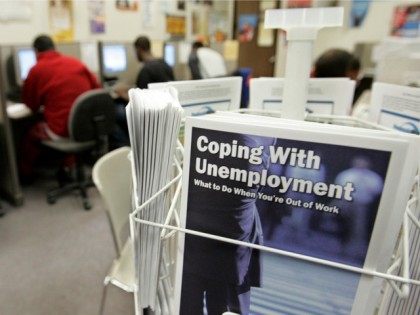
America cannot be safe from terrorism unless it roots out and destroys the Islamic State—at home and in the Middle East.

Donald Trump has emerged as the likely GOP nominee because on the great forces transforming America—globalization and immigration—establishment Republican leaders have turned a blind eye to the legitimate complaints of less-educated, often-rural white males who are amassing to Donald Trump.
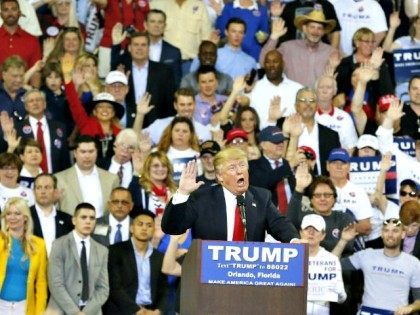
Donald Trump could bring a welcome pragmatism to American foreign policy and something we have not seen in some time—prospects for genuine success.
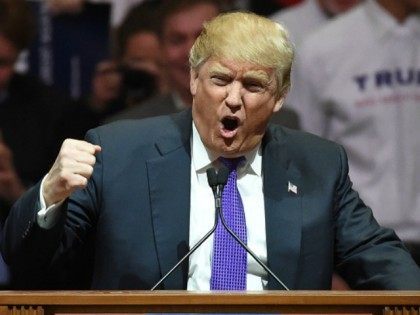
The Federal Reserve should delay further raising interest rates until after the major party presidential nominees emerge this summer.
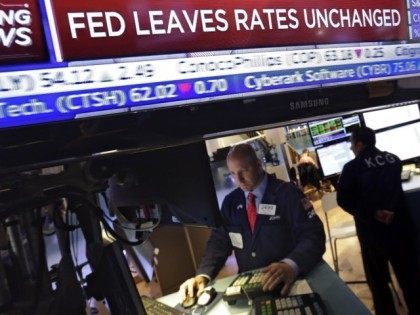
The Labor Department monthly employment report Friday will tell us a lot about the health of the economy—much of it not good.

It is increasingly likely Donald Trump and Hillary Clinton will face off for the White House, and if Americans—including women—want a prosperous future, they should pull the lever for Trump.
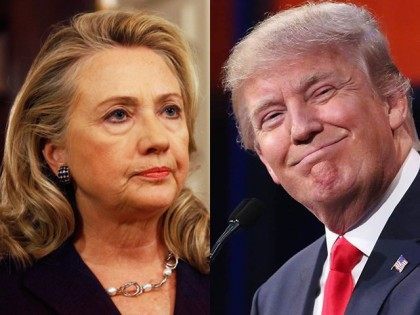
No doubt after losses in Nevada and South Carolina, Bernie Sanders faces a tough uphill battle for the Democratic nomination. But as an economic conservative, I urge Super Tuesday voters to give Bernie a closer look.
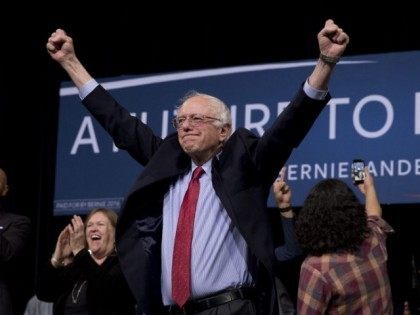
Washington policymakers—and their colleagues abroad—have pursued reckless and irresponsible economic policies. The chickens are coming home to roost, and the Federal Reserve could easily push America into another recession.
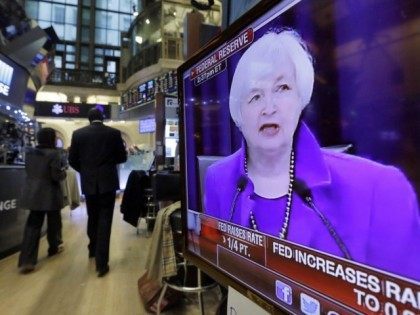
Convincing victories by political outsiders in New Hampshire demonstrate without doubt most voters are disgusted with both political parties. The electorate will probably make one of them—more likely Donald Trump—the next Commander in Chief.
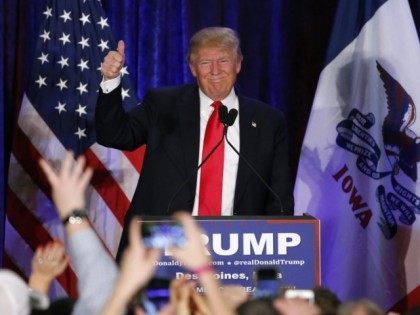
America is witnessing a political Supernova—voter flirtation with Donald Trump and Bernie Sanders—because both political parties have failed ordinary folks.
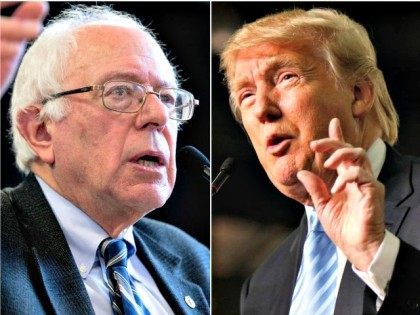
The U.S. economy is likely to dodge a recession, but good jobs will remain hard to find.
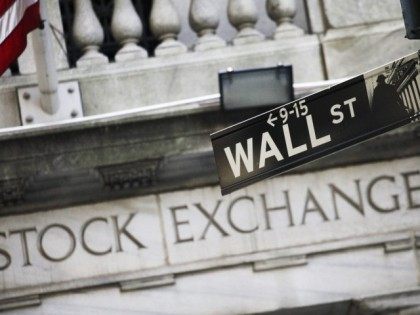
Donald Trump has been savaged by economists and the media aligned with establishment candidates for tough positions on trade—including a 45 percent tariff on imports to force China to the negotiating table.
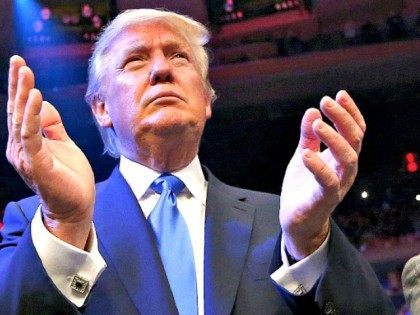
China’s economic chaos is fomenting fear across global stock markets, and President Obama would do well to start listening to Donald Trump about the menace posed by Beijing’s economic strategies.
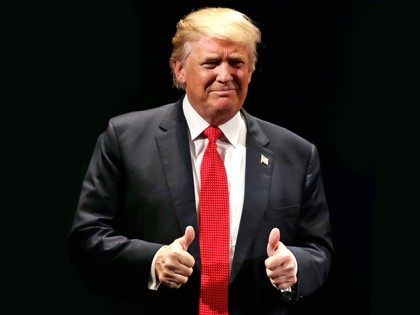
The Republican primary campaign may be great theater, but GOP hopefuls are making the work of presumptive Democratic nominee Hillary Clinton a lot easier.
